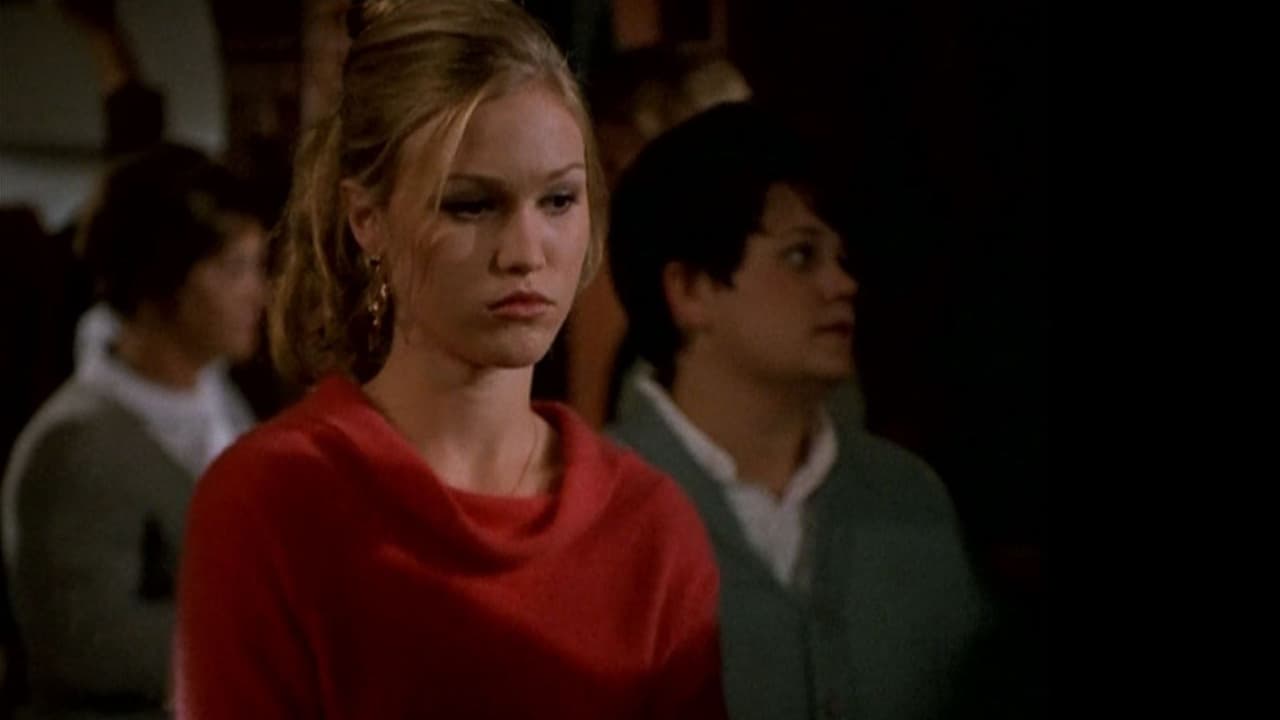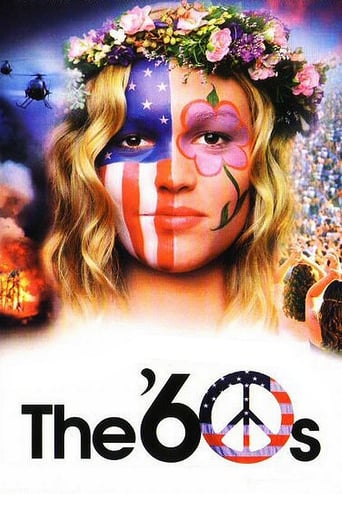

The "movie" (it was a TV series converted in movie for other locations) has lots of things about the 60s? Yes, plenty of nostalgia. The movie presents many historical facts about the sixties? Yes, too much. The movie has 60s aesthetics? Yes, a lot, mainly the music, which is great (the best thing in fact). The movie has a plot? No.This is the problem with the movie is that there is not plot. They try to link many important happenings of the 60s with the history of two families, but the characters are shallow and the drama is artificial. Incredible enough, the characters were the main protagonists in many important moments of the history, making it cliché.The movie is good for those who don't know a thing about the sixties and want to learn more about the culture and history, in a superficial way. Of course it gives a dreamy and magic representation of the decade, so it is advisable to consult and encyclopedia after watching the movie to get your feet back on the ground. Maybe those who lived in the 60s may like it for the nostalgia, but certainly will not like the absurd and exaggerations. Anyway, you can always excuse yourself by saying that you watched because the soundtrack, because it is worthy the time watching a movie with no plot.
... View MoreI tried to watch this series, but I found it to be the sappiest retelling of the 60s that I have yet to see.It was complete tripe -- utterly cliched -- below sea level, shallow.I cannot believe that there were so many people who could sit through it to even write anything about it, but I guess I am not surprised. If you were there, you could not have watched this.Could have been great, but did not even make it to mediocrity.Don't waste your time.
... View More"The 60's" is a superb movie. I believe that Jerry O'Connell played an excellent part as the soldier who went off to fight in the Vietnam War. Personally, I love learning about the 60's and everything around that time period, but I firmly believe that anyone can enjoy this movie.To summarize, the movie is great. The actors do a great job, and the movie tells a great story of the 60's in a historical manner.
... View MoreThe 60s (1999) D: Mark Piznarski. Josh Hamilton, Julia Stiles, Jerry O'Connell, Jeremy Sisto, Jordana Brewster, Leonard Roberts, Bill Smitrovich, Annie Corley, Charles S. Dutton. NBC mini-series (later released to video/DVD as full length feature film) about the treacherous 1960s, as seen through the eyes of both a white family and a black family. The film's first half is driven by the excellent performance of Dutton as Reverend Willie Taylor and evenly spreads the storyline between the families. However, Dutton's character is killed halfway through and the black family is completely forgotten in a dull, incoherent, and downright awful 2nd half. RATING: 4 out of 10. Not rated (later rated PG-13 for video/DVD release).
... View More